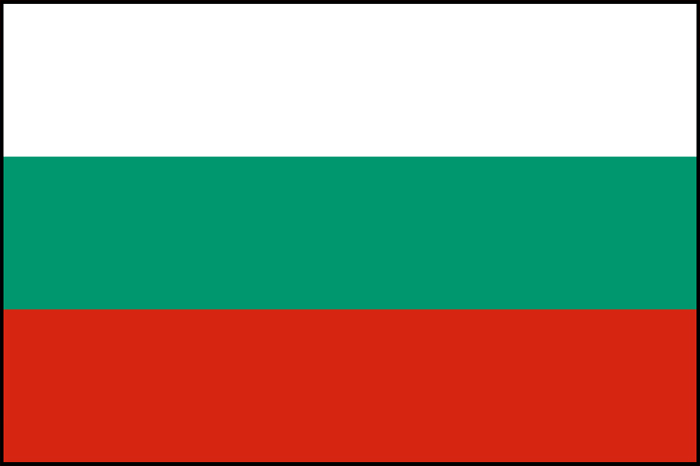Facts about Bulgaria:
Bulgaria is considered by many to be the new land of opportunities. As a NATO member since 2004, and a European Union member since 2007, Bulgaria is by international standards considered financially and politically safe. To strengthen its position as a safe destination for immigrants and investors alike, Bulgaria is expected to join the EU’s borderless Schengen area sometime in 2017.
Doing Business in Bulgaria:
Bulgaria ranks 38th in the World Bank’s Ease-of-Doing-Business index climbing 14th places for one year from 52nd

in 2014; higher than all other Eastern European countries members of the European Union. Bulgaria also places 28th on the Economic Freedom of the World index; outperforming the Netherlands and South Korea. Company incorporation in Bulgaria takes only 3 days.
Taxes:
Bulgaria boasts the lowest corporate and personal income tax rates among all European Union member states. The corporate tax is fixed at 10% flat rate. The personal income tax is only 10 % regardless of the amount one earns. The health and pension contributions are the lowest within the whole European Union. Bulgaria has Double Taxation Treaties with 68 countries all over the world.
Banking:
The banking system in Bulgaria is modern and fiscally sound. 100% of all deposits up to EUR 100,000 are guaranteed by the government. Credit interest rates are low, and they are expected to go even lower in the near future. Some of the biggest EU banks are represented in Bulgaria. The perfect organization of E-banking should be considered.
Public Debt:
To add to its attractive world standings, Bulgaria boasts the second lowest public debt (16.2% of GDP in 2010) of all European Union member states.
Per-Capita Income:
According to the World Bank, Bulgaria is an upper-middle-class country with an average per-capita monthly salary of $570.
Tourism:
The tourism sector is well-developed, accounting for nearly 22% of the country’s total GDP. More than 9 million tourists from Greece, Romania, Turkey, Russia, Ukraine, and the United Kingdom visit Bulgaria each year. Forecasts estimate that the number of tourists visiting Bulgaria will increase to 12 million by 2020.
Future Outlook:
Forecasts indicate that the Bulgarian economy will continue to perform well in the immediate future. Consequently, Bulgaria’s improving economy will also continue to attract foreign investors and immigrants; many of whom will consider starting a business in Bulgaria, applying for a Bulgarian residence permit or Bulgarian citizenship.
